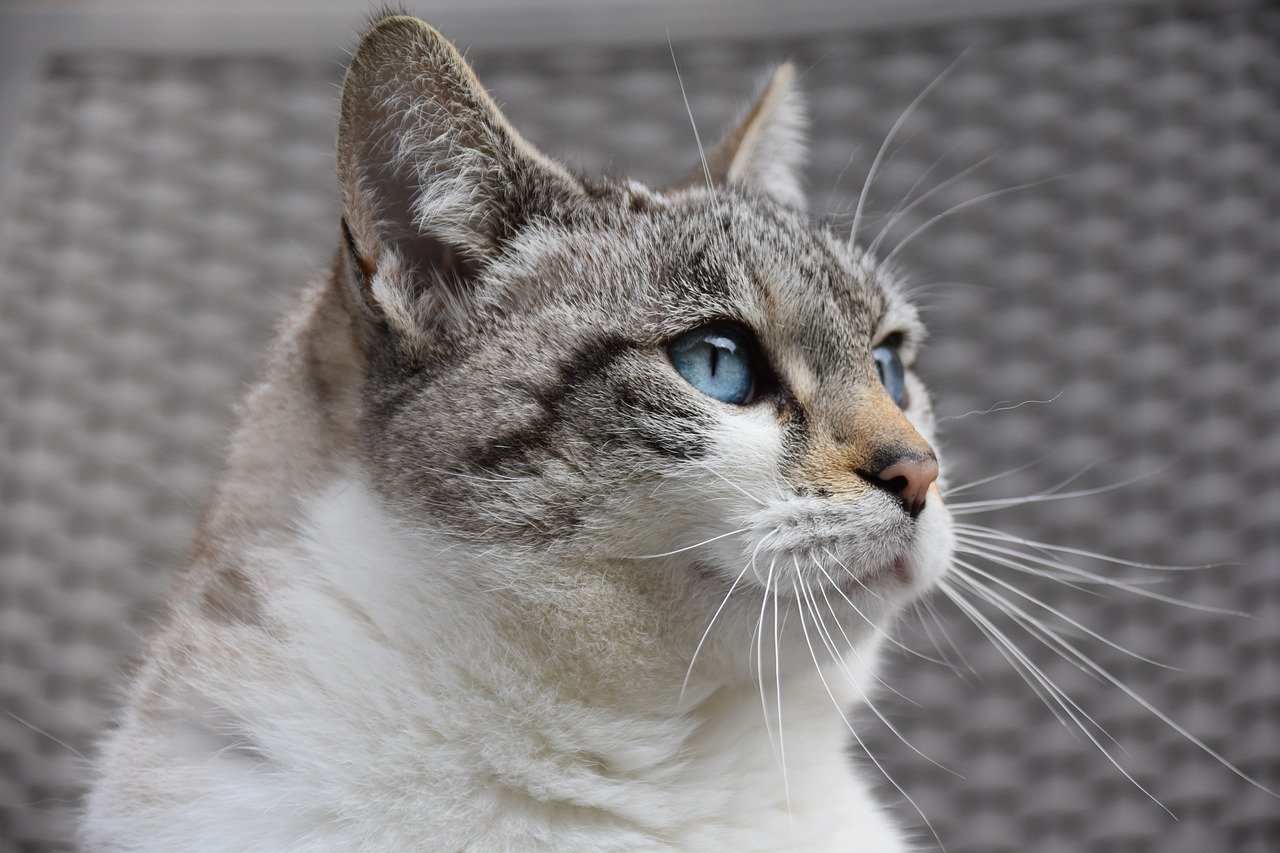Hey there! In this article, you’ll learn about when you should start getting worried if your furry feline friend is vomiting. It’s normal for cats to occasionally throw up hairballs or have an upset stomach, but there are certain signs you should look out for that may indicate a more serious issue. So, let’s dive into the details of when you should be concerned about your cat vomiting.
Have You Noticed Your Cat Vomiting?
Hey there! It’s never fun to see your furry friend not feeling well, especially when they’re vomiting. But don’t worry, I’m here to help you figure out when you should be concerned about your cat vomiting. Let’s go over some key points to keep in mind.
Is Vomiting Normal for Cats?
It’s important to know that vomiting is actually quite common in cats. They have sensitive stomachs and may vomit from time to time due to a variety of reasons. However, it’s essential to pay attention to how frequent the vomiting is, as well as any other accompanying symptoms.

When Should You Be Concerned About Your Cat Vomiting?
Now, let’s dive into when you should start being concerned about your cat vomiting. Here are some signs to watch out for:
Frequent Vomiting
If your cat is vomiting more than once a day or several times a week, it’s a cause for concern. Frequent vomiting could indicate an underlying health issue that needs to be addressed by a veterinarian.
Persistent Vomiting
Persistent vomiting that lasts for more than 24 hours is another red flag. If your cat can’t seem to keep anything down, it’s time to seek medical attention.
Vomiting Blood
If you notice any blood in your cat’s vomit, it’s crucial to take them to the vet immediately. Blood in vomit could be a sign of a serious health problem that requires prompt treatment.
Lethargy and Lack of Appetite
If your cat is vomiting and also showing signs of lethargy and a decreased appetite, it’s a clear indication that something is wrong. These symptoms could indicate various health issues, such as infections or digestive problems.
Weight Loss
Unexplained weight loss accompanied by vomiting is a cause for concern. Rapid weight loss can be a sign of a serious underlying condition that needs to be addressed by a veterinarian.
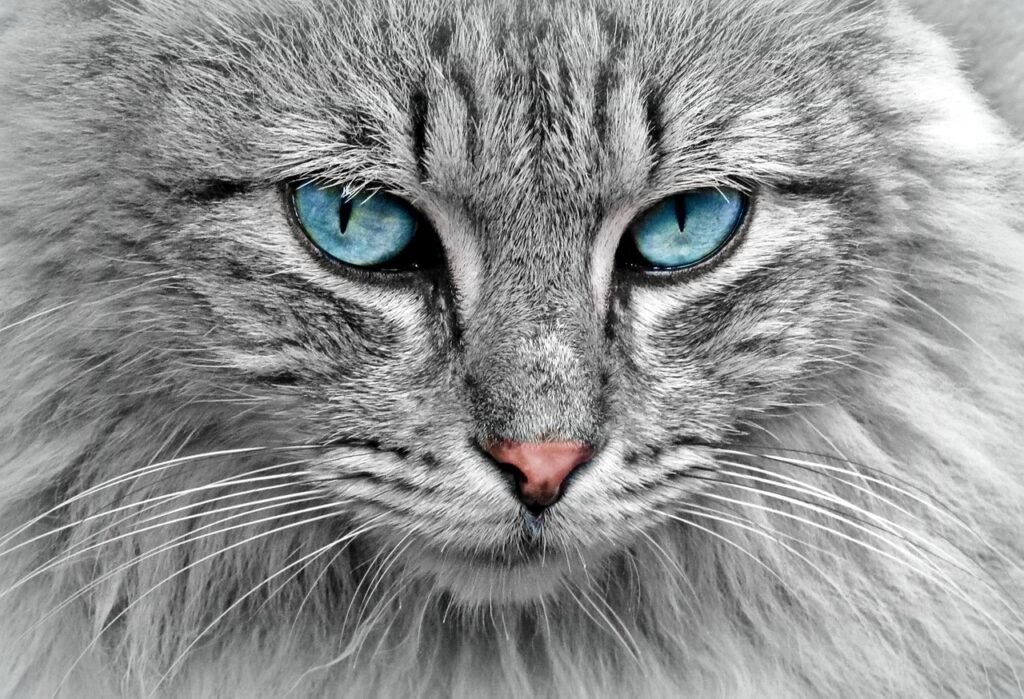
Possible Causes of Vomiting in Cats
Now that we’ve gone over when you should be concerned about your cat vomiting, let’s talk about some possible causes. Here are some common reasons why cats vomit:
Hairballs
Hairballs are a common cause of vomiting in cats, especially for those who groom themselves frequently. When cats ingest hair while grooming, it can accumulate in their stomach and trigger vomiting.
Dietary Issues
Sometimes, a sudden change in diet or eating something they shouldn’t have can lead to vomiting in cats. It’s essential to monitor your cat’s diet and ensure they’re not consuming anything that could upset their stomach.
Foreign Objects
Cats are curious creatures and may ingest foreign objects that can cause blockages in their digestive system. If you suspect that your cat has swallowed something they shouldn’t have, it’s essential to seek veterinary care immediately.
Infections
Infections, such as gastrointestinal infections or parasites, can also lead to vomiting in cats. If your cat is vomiting and showing other signs of illness, it’s essential to have them examined by a veterinarian.
Allergies
Just like humans, cats can have allergies that manifest as vomiting. If you suspect that your cat may have food allergies or sensitivities, consult with your veterinarian to determine the best course of action.
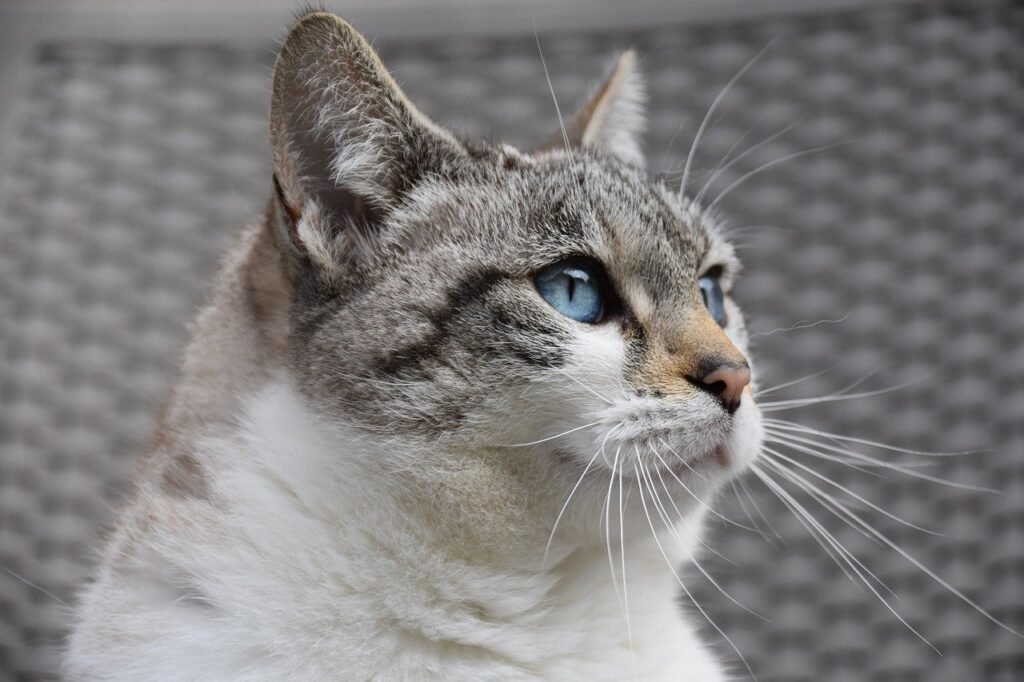
When to See a Veterinarian
If you notice any of the concerning signs mentioned earlier or if your cat’s vomiting persists, it’s crucial to seek veterinary care. Your vet will be able to assess your cat’s overall health, conduct necessary tests, and provide appropriate treatment.
What to Expect at the Vet
During your visit to the veterinarian, they will likely perform a physical examination of your cat and may recommend additional diagnostics, such as blood tests or imaging studies. Based on their findings, they will be able to determine the underlying cause of your cat’s vomiting and recommend the appropriate treatment.
Treatment Options
The treatment for vomiting in cats will depend on the underlying cause. Your veterinarian may recommend dietary changes, medications, or other interventions to address the issue. It’s essential to follow your vet’s recommendations and keep a close eye on your cat’s progress.
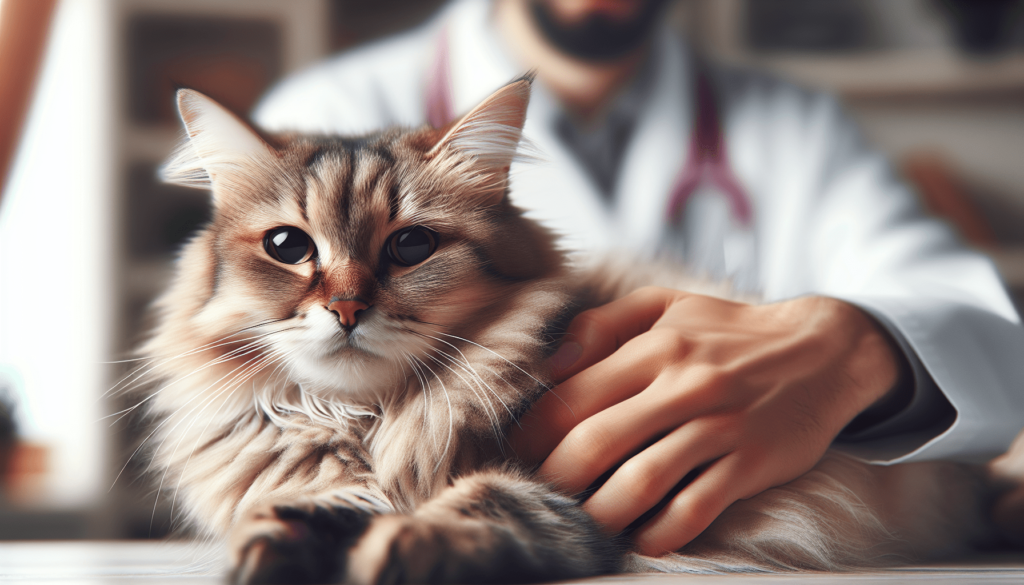
Preventing Vomiting in Cats
While some causes of vomiting in cats are unavoidable, there are steps you can take to reduce the risk. Here are some tips for preventing vomiting in cats:
Regular Grooming
Regular grooming can help reduce the incidence of hairballs in cats. Brushing your cat’s fur regularly can help prevent them from ingesting excess hair while grooming.
Proper Diet
Ensure your cat is on a balanced and nutritionally complete diet. Avoid sudden changes in food and monitor their intake to prevent dietary upset.
Hydration
Make sure your cat has access to clean and fresh water at all times. Proper hydration is essential for maintaining overall health and can help prevent vomiting.
Stress Management
Stress can contribute to vomiting in cats. Provide a safe and comfortable environment for your cat, and consider using calming products or techniques to help reduce their stress levels.
Regular Veterinary Check-ups
Regular veterinary check-ups are essential for maintaining your cat’s health. Routine exams can help detect any underlying issues early on and prevent vomiting before it becomes a more serious problem.
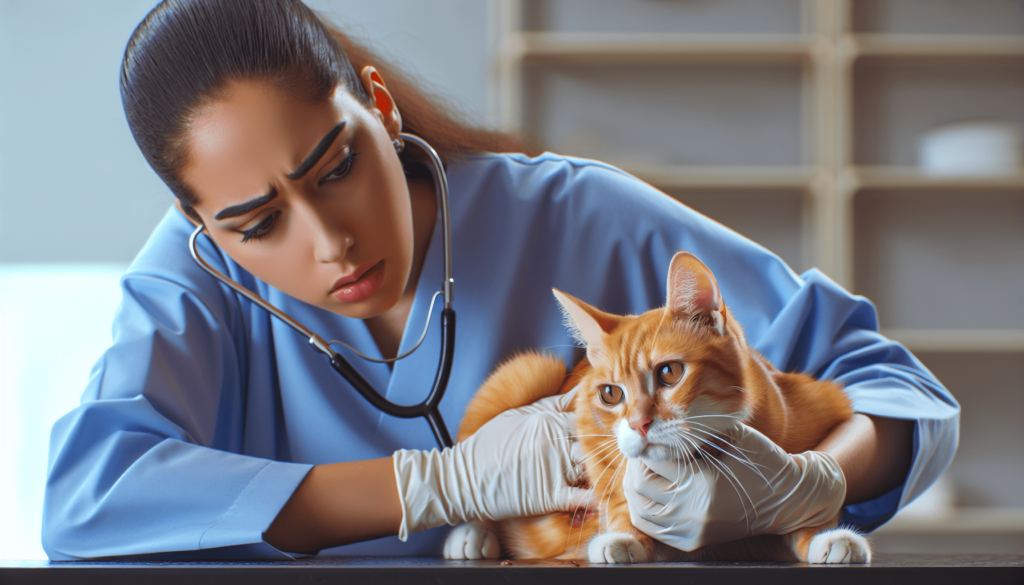
Final Thoughts
Remember, it’s essential to pay attention to your cat’s vomiting and seek veterinary care if you notice any concerning signs. By being proactive and staying informed, you can help keep your furry friend healthy and happy. If you have any questions or concerns, don’t hesitate to reach out to your veterinarian for guidance. Your cat will thank you for it!

